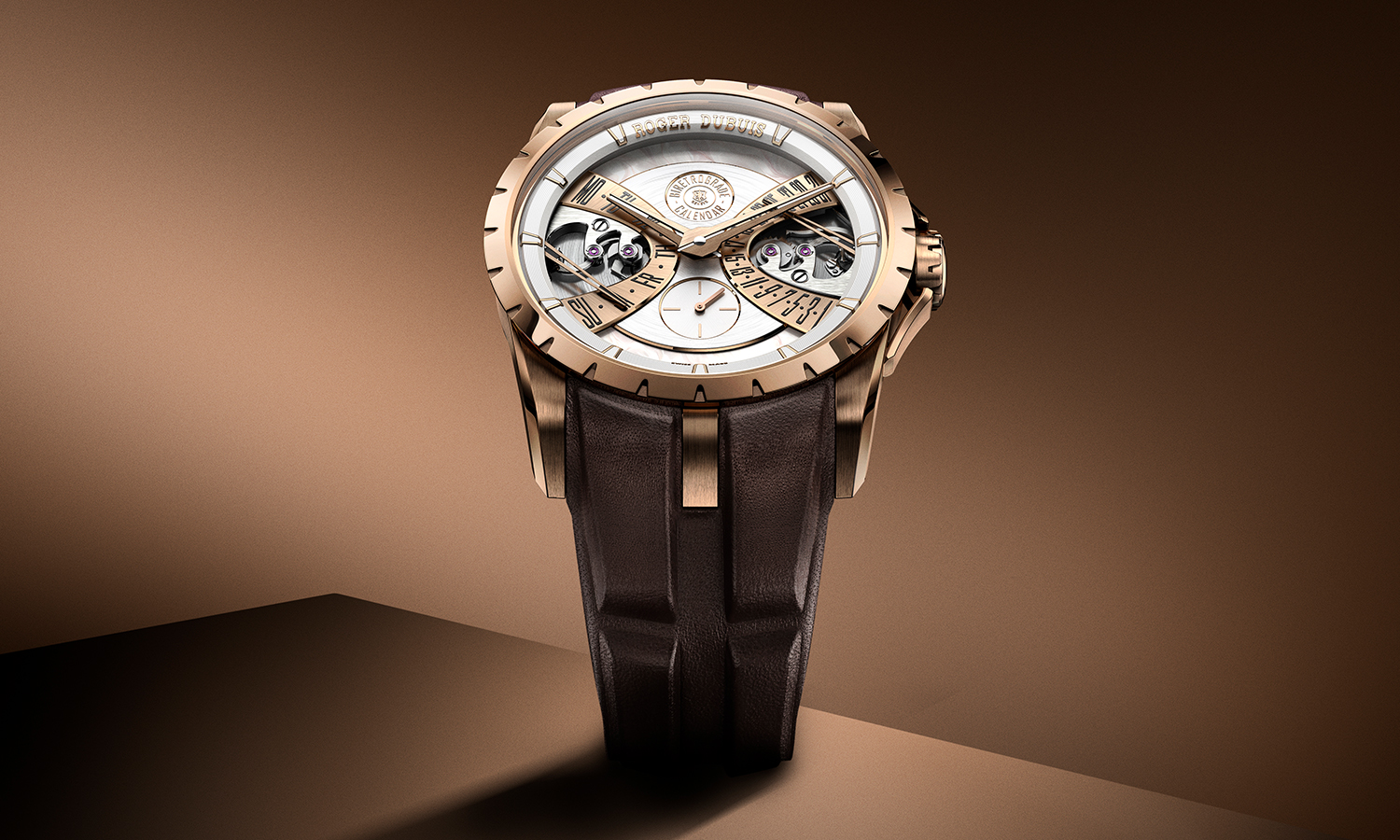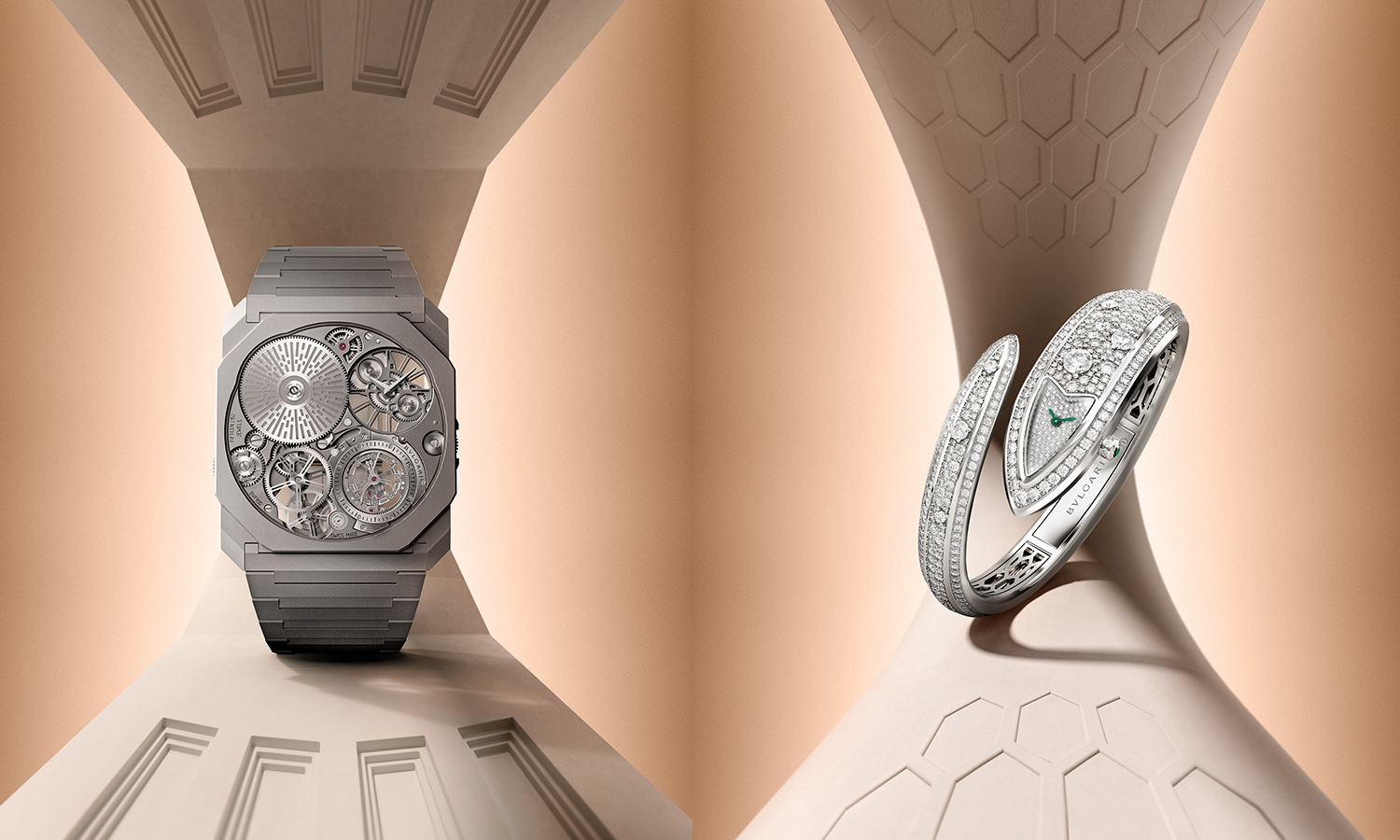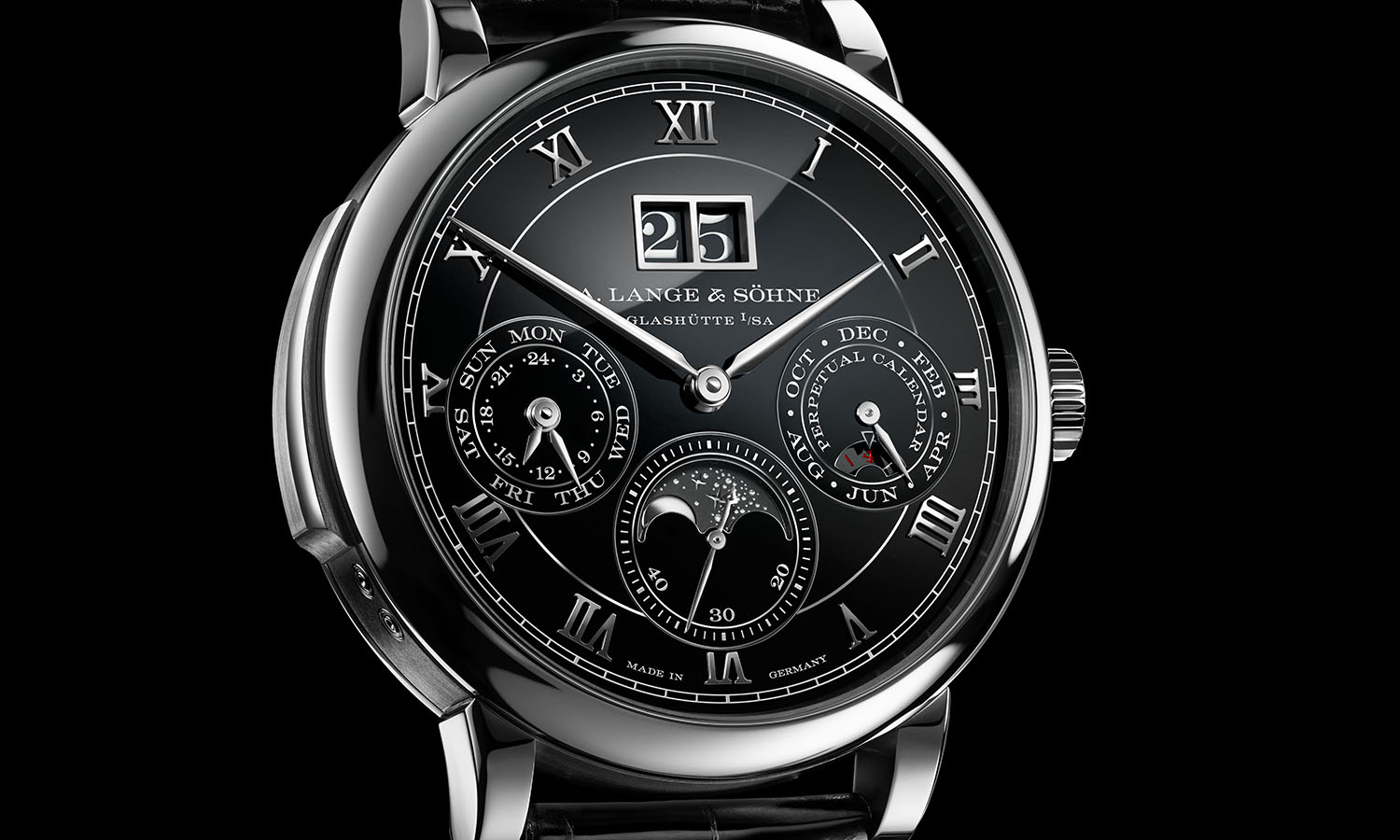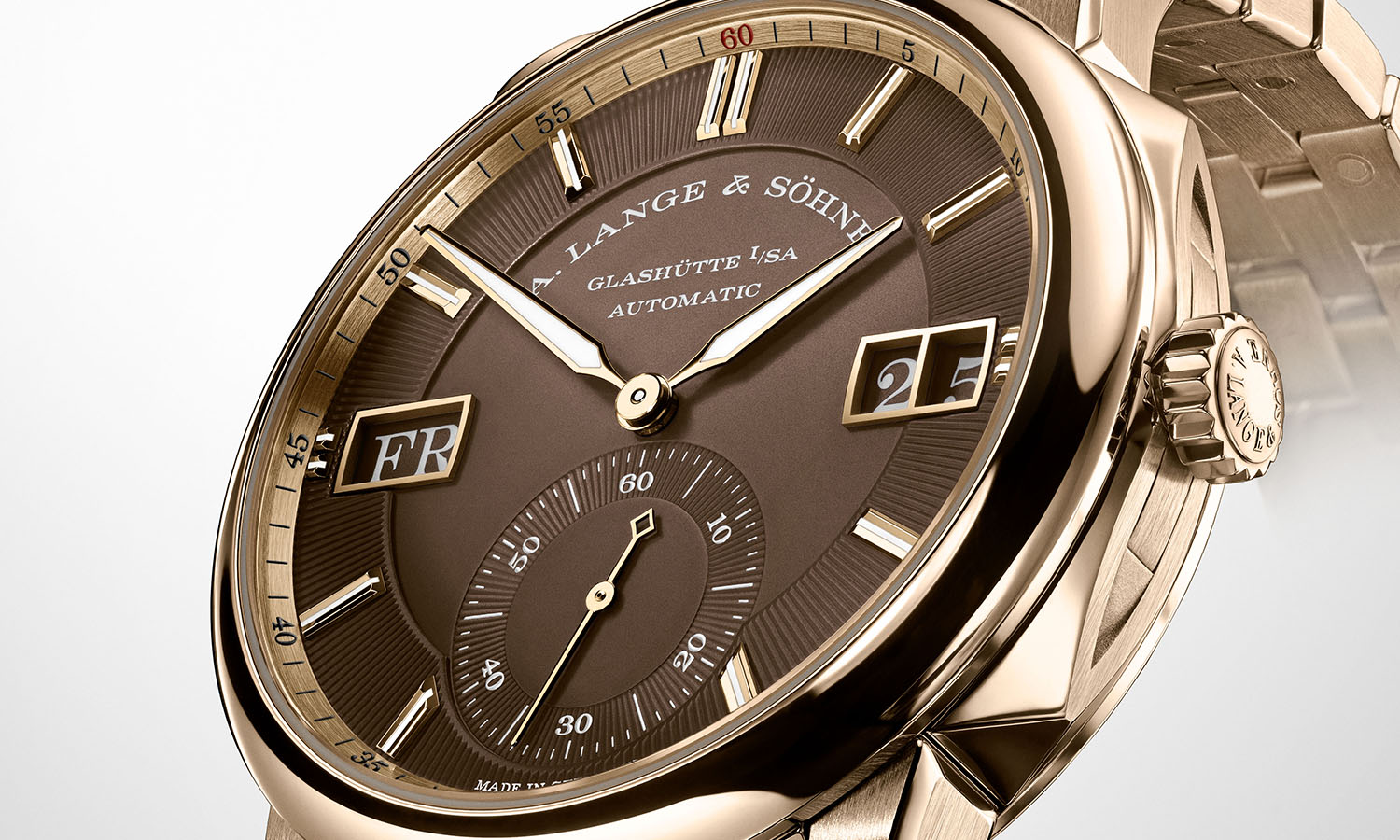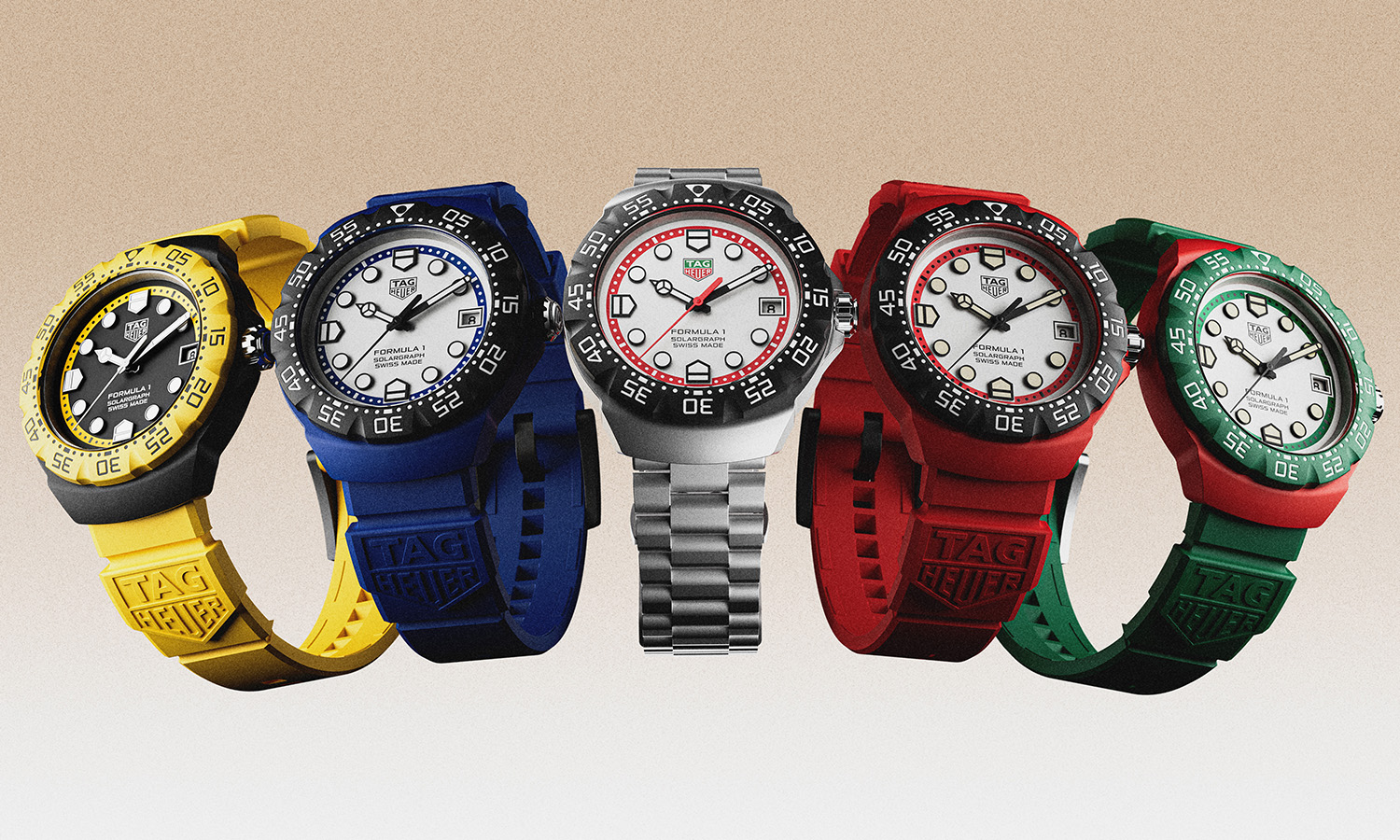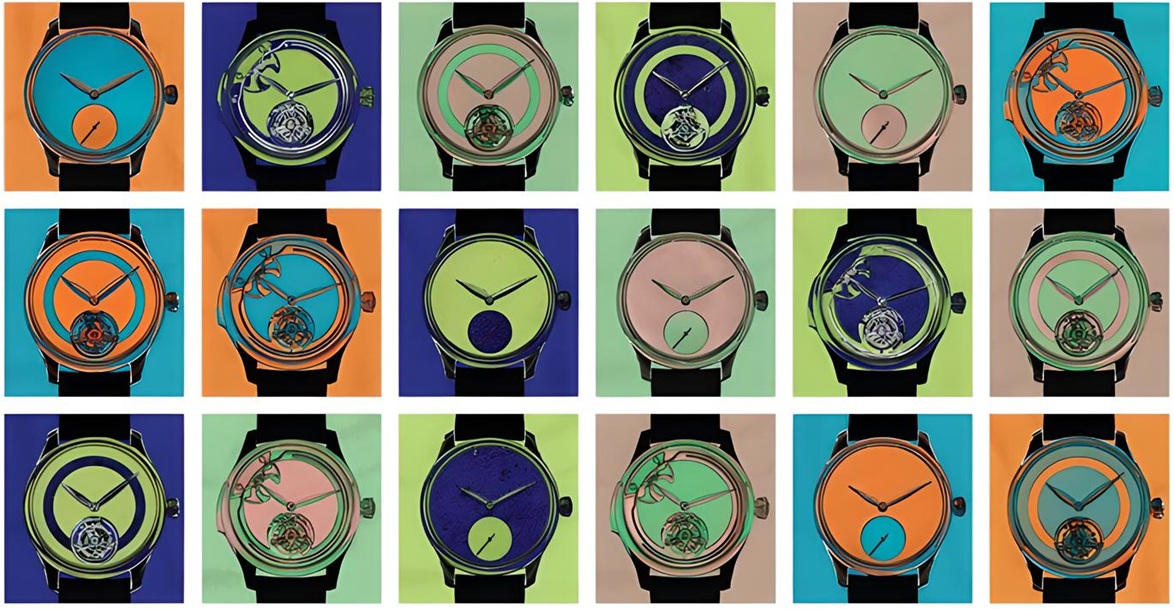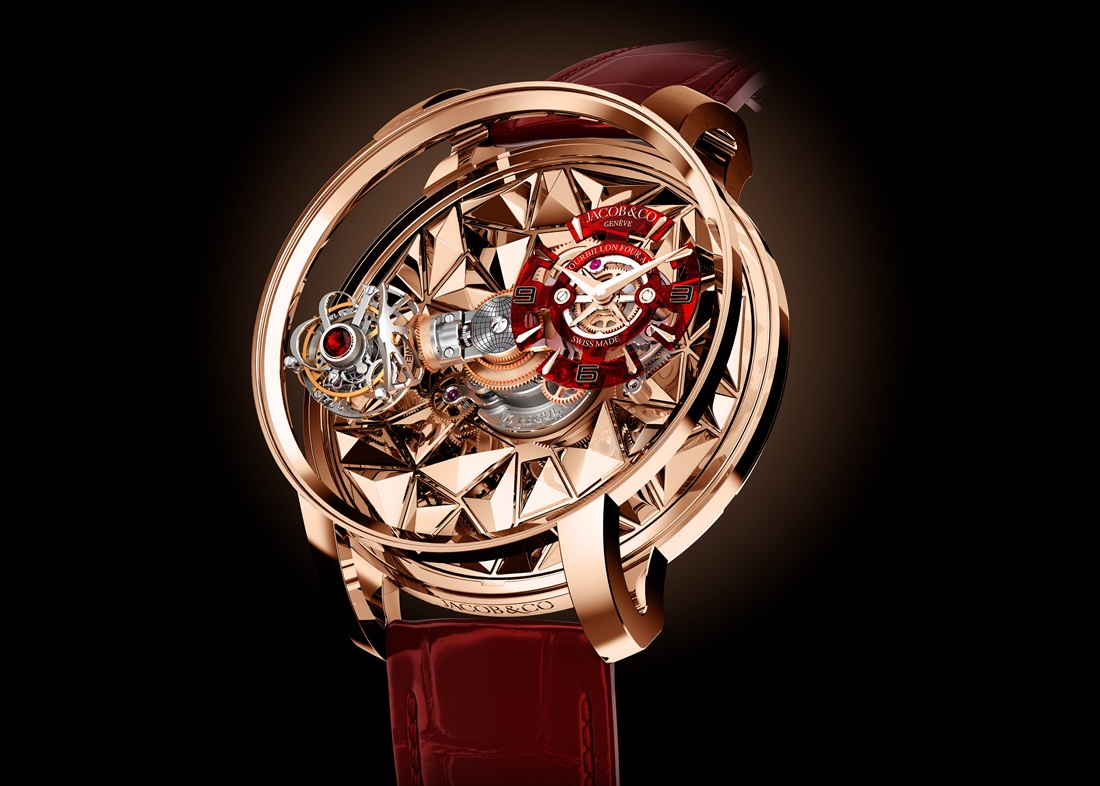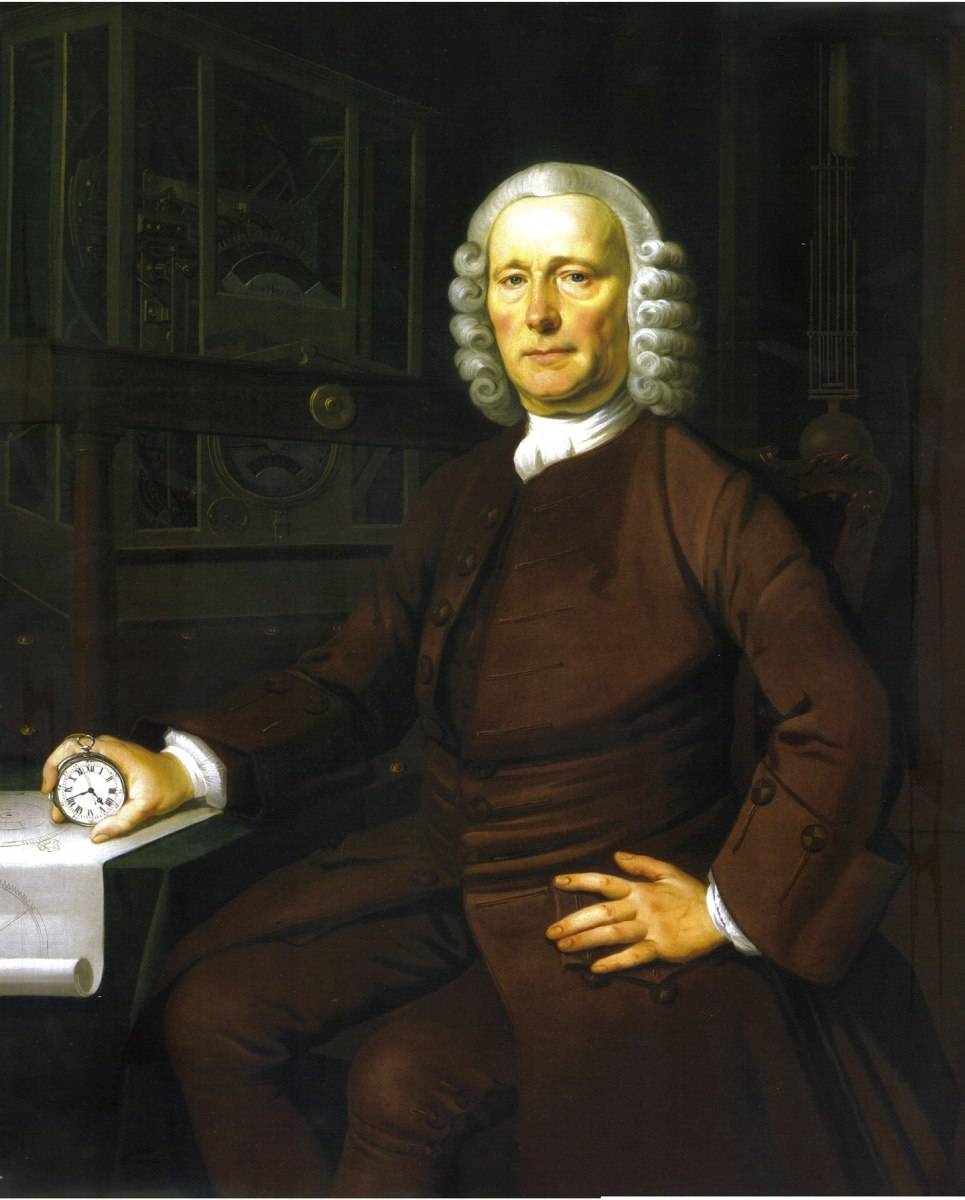
British Clockmaker Recognized Posthumously By Guinness World Records
The Guinness World Records presented the National Maritime Museum with an award on Saturday after determining that one of its clocks, made after a 250-old-design by John Harrison, was the world’s “most accurate mechanical clock with a pendulum swinging in free air.”
The Guardian first reported the bizarre story, which lifts confirms the claim made by the British clockmaker back in the 18th century that he could make a pendulum timepiece accurate to within a second over a 100-day period.
According to The Guardian, Harrison’s claim drew widespread criticism, despite his record as a master marine chronometer maker. His idea was “an incoherence and absurdity that was little short of the symptoms of insanity.”
However, John Harrison appears to have been telling the truth all along, since the clock only lost 5/8ths of a second during the 100-day trial.
Photo Credit: The National Maritime Museum. For more information, please visit the official National Maritime Museum website.
 SIGN UP
SIGN UP


